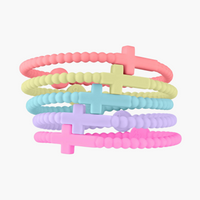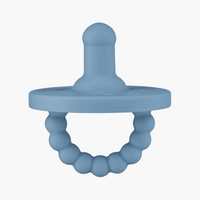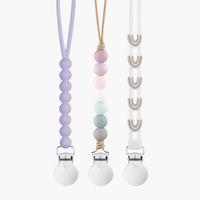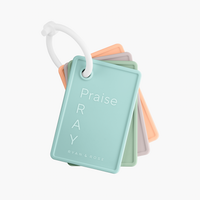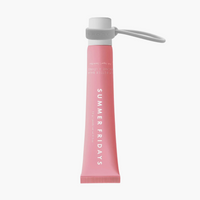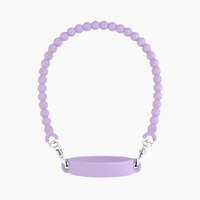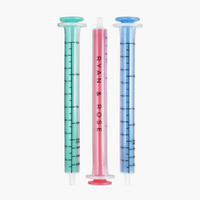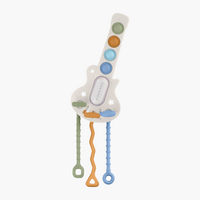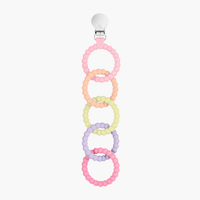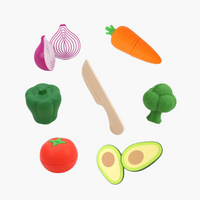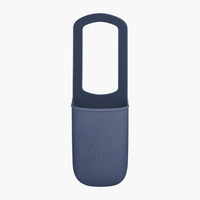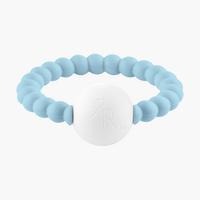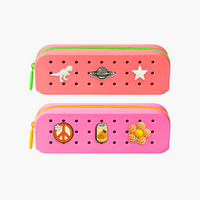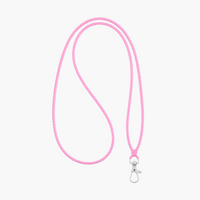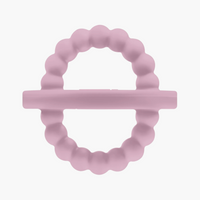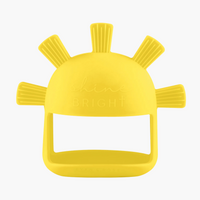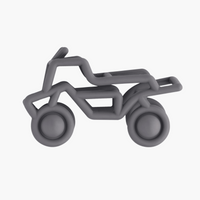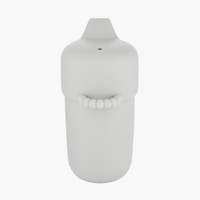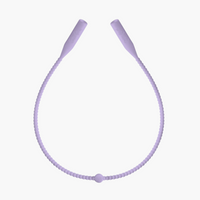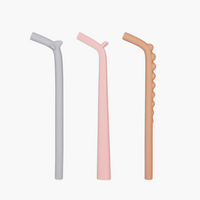
A ton of myths, misinformation, and misconceptions exist about teething and how baby teeth develop. This can lead even the most experienced of parents down a worry spiral. To help ease some of that anxiety and some of those sore gums, let’s review the facts parents should know about teething.
Babies Need Oral Care Early
Practicing proper oral care before your baby’s first teeth come in is extremely important. Good oral hygiene early on can build solid habits and prevent tooth decay down the line. Before your baby’s first teeth emerge, wipe their gums with clean, damp gauze or a washcloth twice daily. This prevents the sugar in the milk from building up on their gums and helps ease some of that possible milk breath they might develop.
Babies Can Get Cavities
One of the most important teething facts that every parent should know is that babies can get cavities just like adults. Although these teeth aren’t permanent, they help future teeth stay aligned and aid your baby’s speech development. Plus, cavities are just plain painful. There are natural bacteria in our mouths that eat sugar, and their excretions are acidic and cause cavities. Sugar is in virtually everything we eat, and it’s in your breast milk. So take a finger toothbrush with a small amount of toothpaste formulated for babies and lightly scrub those tiny pearly whites to prevent decay.
Rash, Fever, and Diarrhea Are Not Normal
According to the Seattle Children’s Hospital, diaper rash, fever, and diarrhea are not normal teething symptoms. While teething may cause your baby’s temperature to rise by a very small amount, their temperature shouldn’t go more than a degree over normal and certainly should go past 99 degrees Fahrenheit. Additionally, while your baby may drool excessively, which can cause a rash around the mouth, they should not have a rash all over their body. Also, this excessive drool and swallowing of drool may lead to slightly looser stool once in a while, but it should not be consistent, nor should it be excessively watery.
Some Babies Develop Teeth Sooner
Most babies develop their first teeth at around six to 12 months, but there are exceptions to this generalization. Some babies can start developing teeth at around three months, while other babies are even born with teeth known as natal teeth. These developments aren’t cause for concern, but if your baby’s teeth haven’t begun to emerge by 12 months, you should bring your baby to the dentist.
Not All Teething Remedies Are Equal
Many teething remedies exist to help soothe your baby’s gums, but not all of them are safe to use. Stick to traditional gum massages and teethers to be on the safe side. Lots of chewing is normal and aids the process of tooth eruption. As long as your baby doesn’t excessively cry, whimper, or get tense, flush, or agitated, they aren’t in any serious pain from chewing on teethers. Let them chew to their heart’s content!



